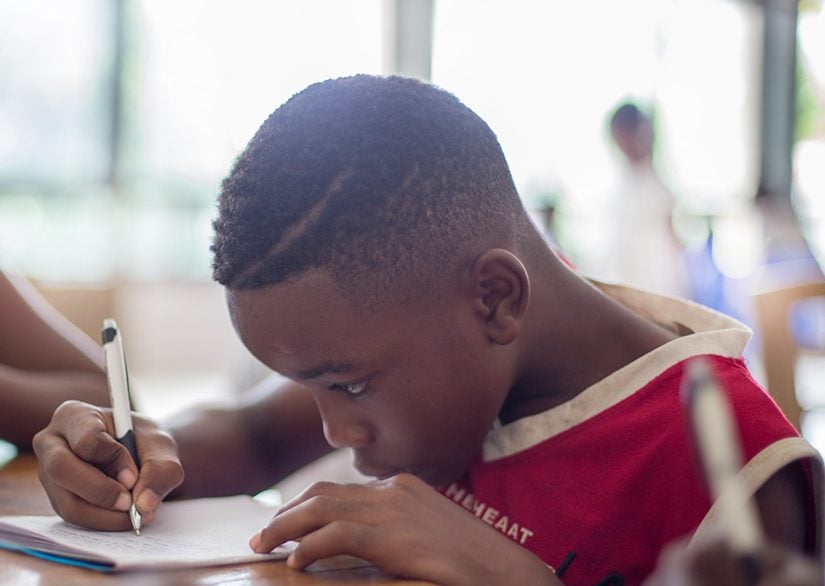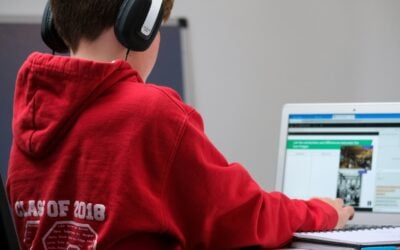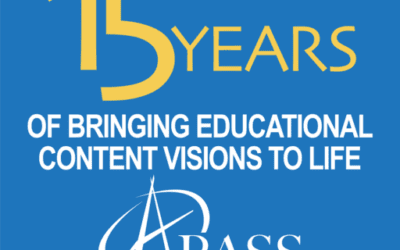Education is moving from the one size fits all model of instruction. Teachers have tailored instruction to their students for years. Yet, publishers did not offer educators personalized learning options in their textbooks. Now, content is more than textbooks. Today, publishers make content for various, digital platforms. Besides that, publishers provide customized learning experiences for students. Publishers can utilize these three models to support personalized learning.
Publishers Can Support Personalized Learning by Supporting PBL
Project-based learning (PBL) starts with a driving question. From there, students use a series of questions to solve the problem. PBL parallels real life. Students work in groups. They evaluate different solutions and present their findings. PBL works. Thus, PBL works well for different student populations. Publishers create problem-based learning scenarios that work online and off. Besides that, publishers stimulate critical thinking by focusing on real-world problems such as food waste, health, and wellness. Publishers can create materials for independent thinking and individualized experiences. Thus, students can learn at home without depending on technology. PBL aids publishers, so they can create content for topics that students can do, with or without internet access. Overall, publishers can craft PBL activities, so students will experience personalized education.
Use Blended Learning Materials to Support Personalized Learning
Besides that, blended learning can help publishers create materials. Hybrid instruction helps educators create personalized learning tasks, using technology. Still, the costs of personalized education are off-putting at first. Yet, the ROI on blended learning is more cost-effective than traditional classroom materials created by publishers. Moreover, teachers can facilitate personalized learning through blended learning with experts and experiences. Publishers partner with experts such as authors and scientists. Publishers can also help educators by supplying various media sites. They can create and maintain host websites for educators to post assignments and facilitate online discussions.
Create Flipped Classroom Materials for Personalized Learning
So, flipped classrooms are not new to the education scene. Yet, the flipped classroom continues to deliver personalized learning. Students will complete assignments outside the classroom. Educators record lectures for students to watch before class. Class meets in person on a set schedule. Immersive weekends, once-a-quarter check-ins, and once-a-month sessions are options. Therefore, publishers help educators manage flipped classrooms by creating content with lectures, videos, and interactive textbooks. Besides that, publishers provide instructor guides for the in-person sessions.
In sum, publishers who direct their teams to employ one or more of these models will win. Also, publishers who create content that works off and online to help struggling schools. Publishers aid educators by making content that works on various digital devices. Teachers will need to use personalized learning content to improve learning outcomes. Publishers can support district and teacher needs with these models.




